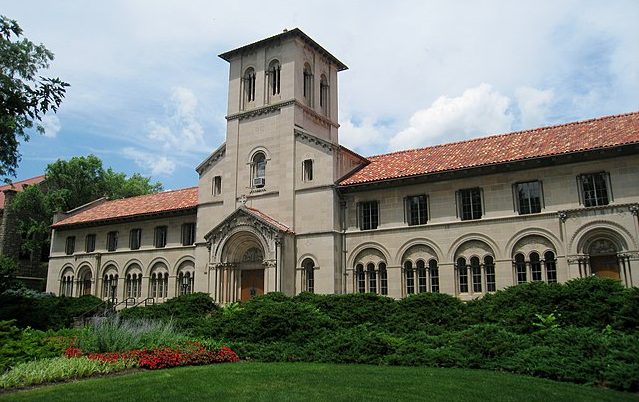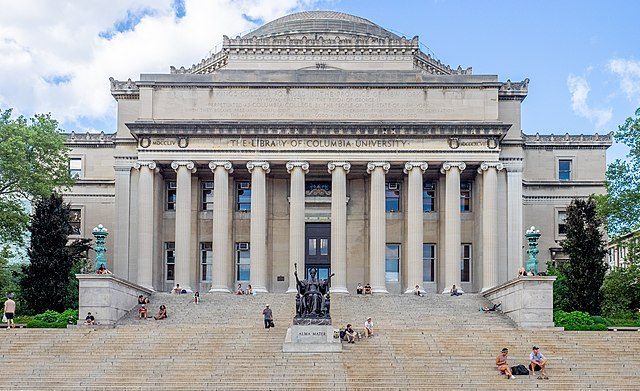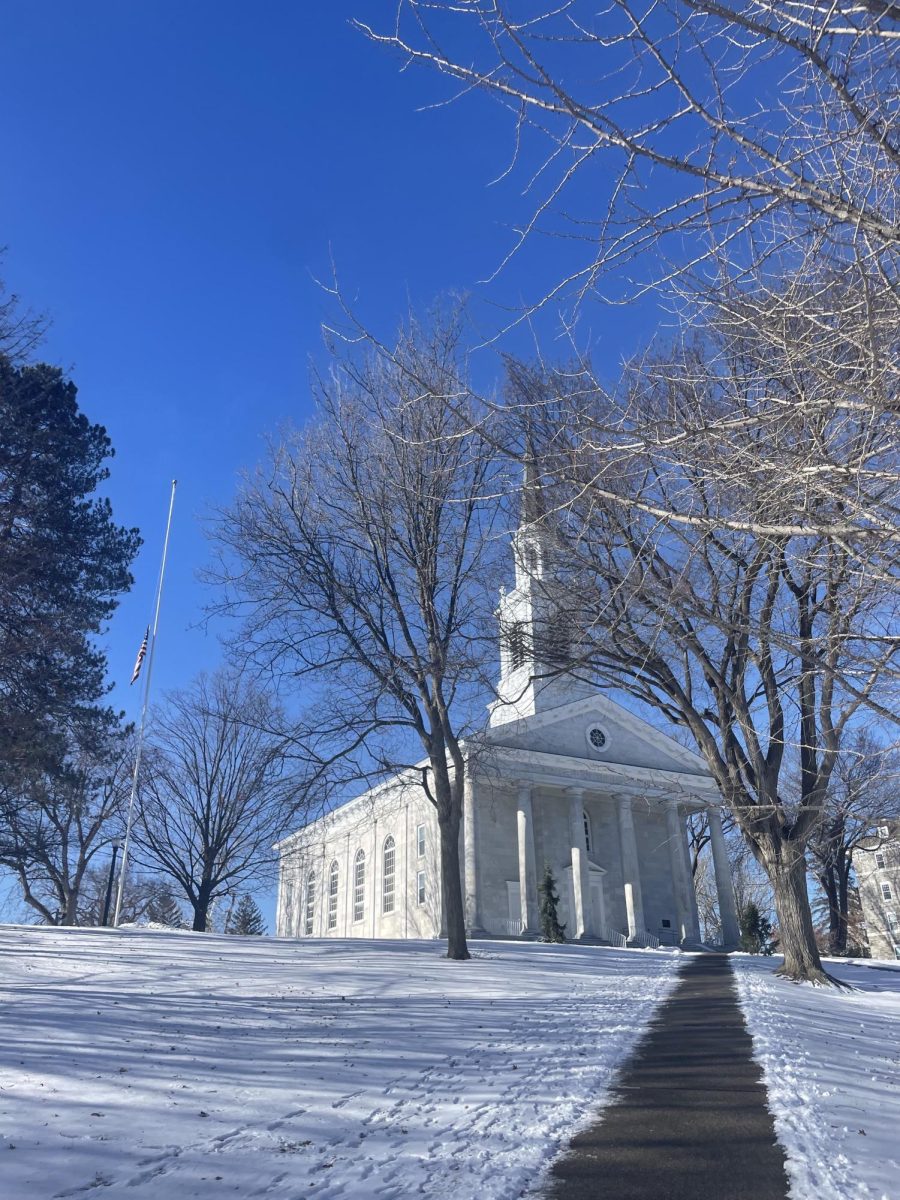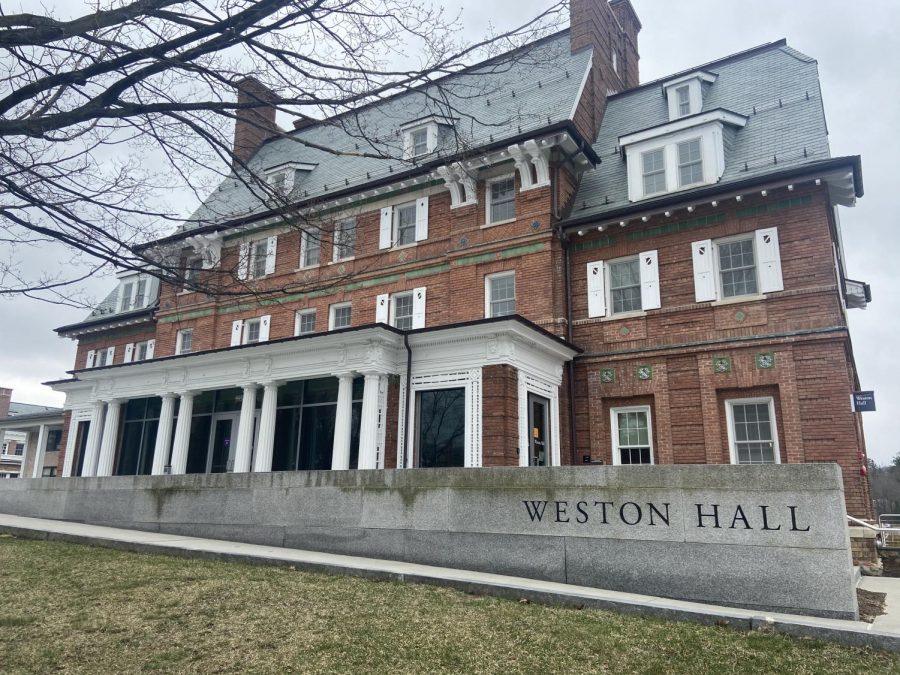Black people in at least 30 states and the District of Columbia — including on multiple college campuses — received a slew of racist text messages last week, many of which addressed the recipients by name and ordered them to report for slavery. The FBI issued a statement on Nov. 7 reporting that it was “aware of the offensive and racist text messages” and that it is in communication with the Justice Department and other federal authorities. The statement also encouraged individuals to report any threats of physical violence to local law enforcement.
In an all-campus email on Nov. 9, Vice President for Institutional Diversity, Equity, and Inclusion Leticia S. E. Haynes ’99 and Dean of the College Gretchen Long wrote that the College received an advisory message from the FBI about the text messages the night prior, though there had been no reports that members of the College community had received such messages.
“We are closely monitoring the situation here,” they added.
According to the New York Times, students at several other colleges, universities, and high schools have received the racist messages. Students at Claflin University, Fisk University, Hampton University, and Howard University — four historically Black universities — reported that members of their student bodies received the texts.
Several experts, including President and CEO of the NAACP Derrick Johnson, have suggested that the senders of these messages were emboldened by Donald Trump’s victory in the Nov. 5 presidential election. Vice President Kamala Harris also chose to use Howard University, her alma mater, for her Election Day headquarters and the location of her concession speech on Nov. 6.
Black students at Clemson University, Ohio State, and the University of Alabama also reported receiving the texts to authorities. Many of the messages addressed the recipients by name, made possible by the widespread availability of personal information for purchase online. The source of the text messages is still unclear, CNN reported on Nov. 10, though the Louisiana attorney general’s office told the New York Times that many of the texts appeared to be a part of a “phishing scam.”
Haynes directed students in need of support to the chaplain’s office; the Davis Center; the Office of Institutional Diversity, Equity, and Inclusion; the deans’ office; and Integrative Wellbeing Services.














